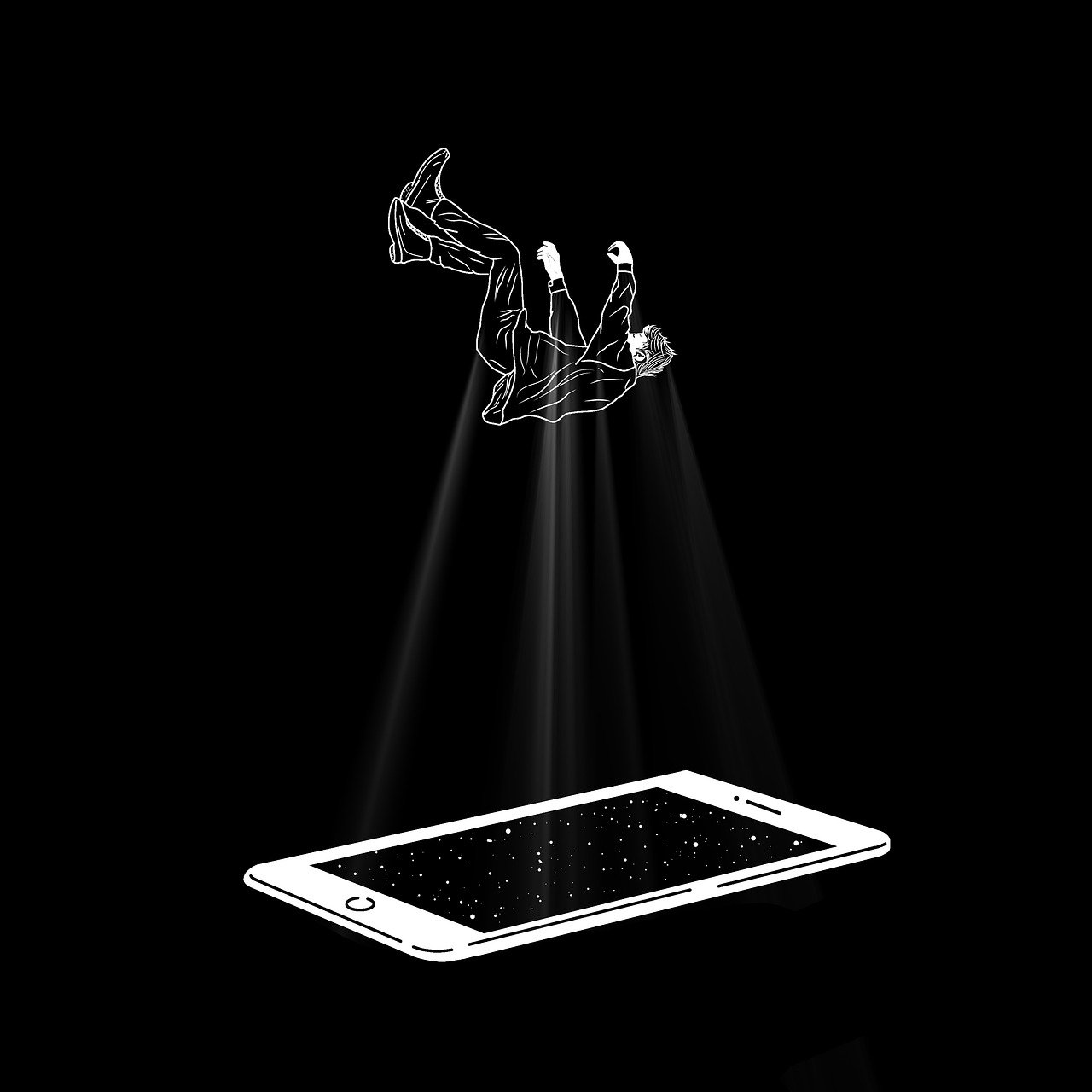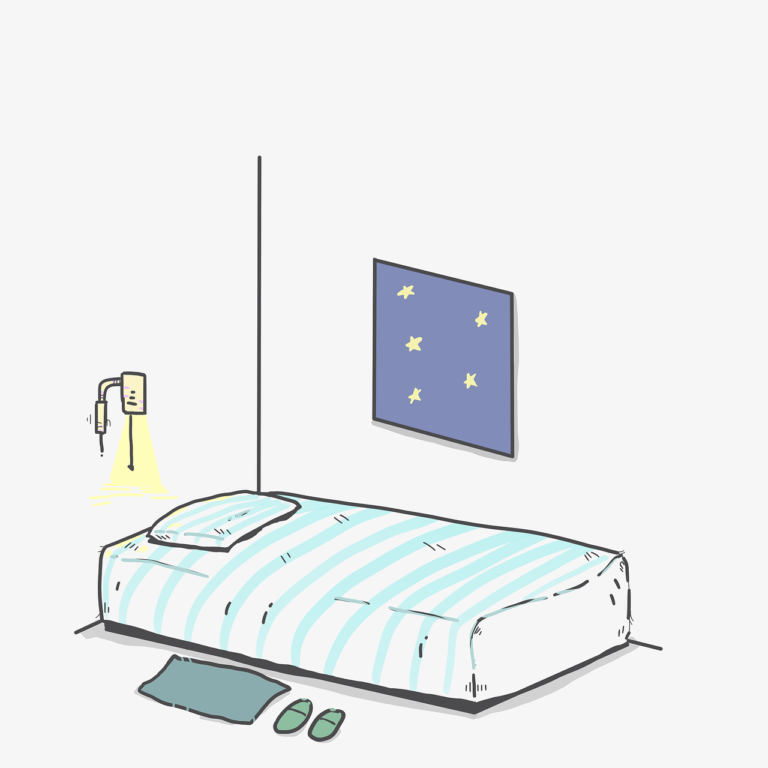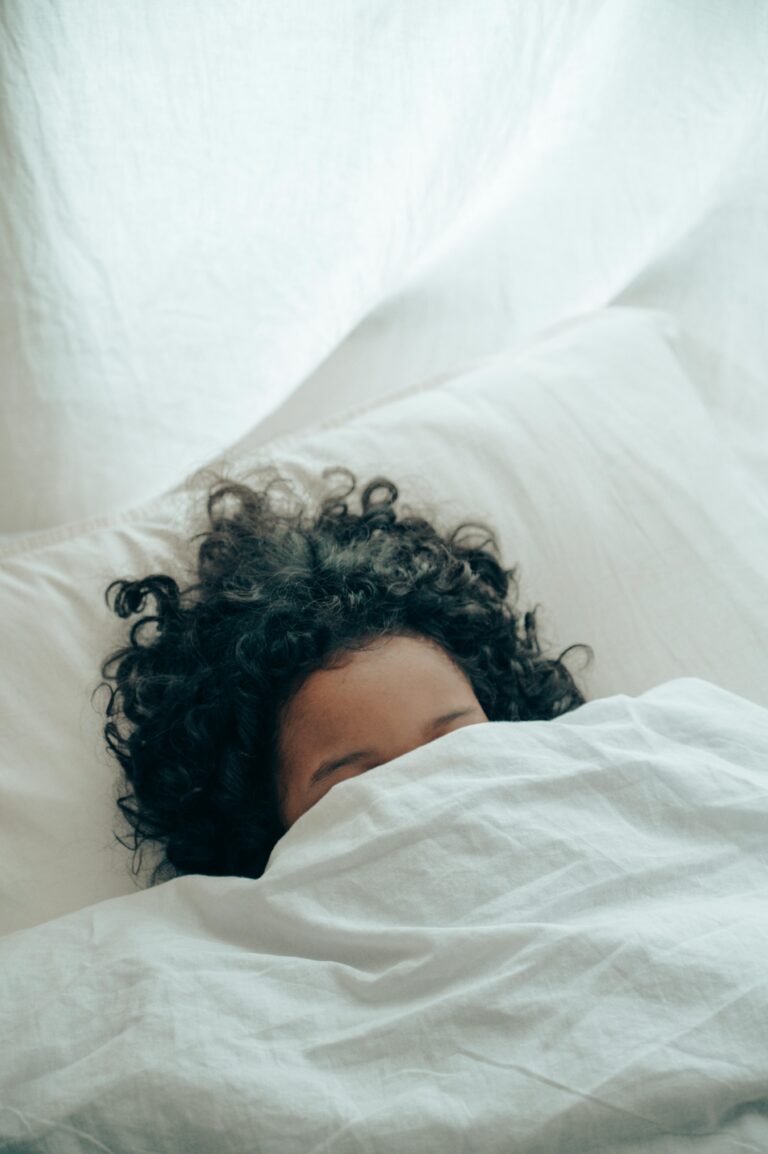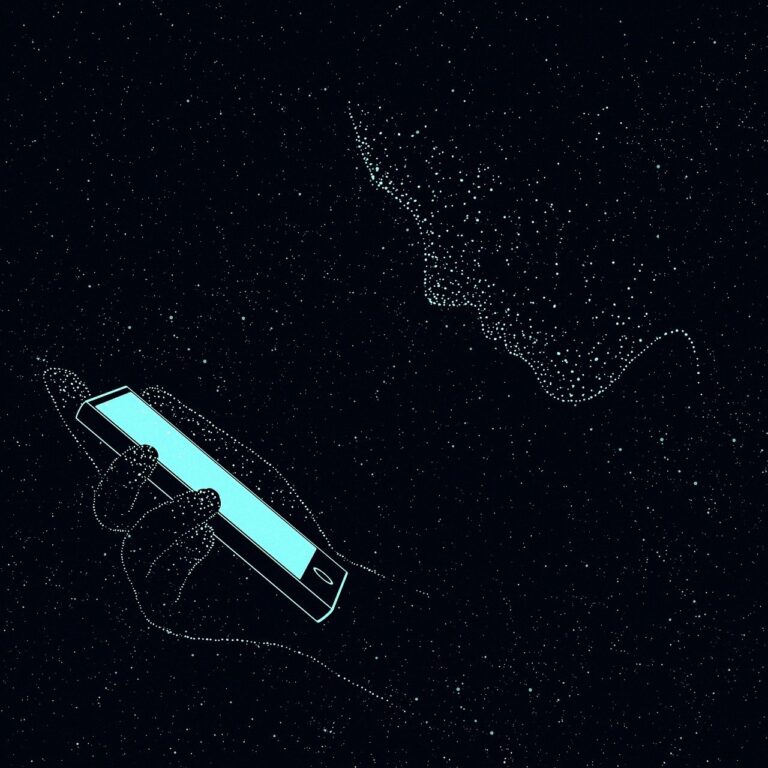What Mental Illness Causes Insomnia?

If you’ve been tossing and turning at night, struggling to drift into much-needed rest, you might be grappling with more than just bad sleep habits. Insomnia, a common but distressing sleep disorder, is often woven tightly with various mental health conditions. Disorders such as depression, anxiety, and bipolar disorder are frequently identified culprits that disrupt your natural sleep patterns. At Vector Sleep Clinic, we understand how pivotal a good night’s sleep is to both your physical and psychological health. By identifying and treating the underlying mental health issues, we strive to guide you back to the restorative sleep you deserve. Let’s delve into which mental illnesses could be robbing you of your sleep and how comprehensive care can set you on the path to a peaceful night’s rest. Have you ever tossed and turned at night, unable to drift off into the restorative sleep your body craves? You’re not alone. Insomnia, a common sleep disorder characterized by difficulty falling asleep, staying asleep, or both, not only saps your energy but can also dramatically affect your quality of life. But did you know that insomnia can often be a symptom of underlying mental health issues?
Understanding Insomnia and Mental Health
What is Insomnia?
insomnia is more than just an occasional restless night. When you struggle with insomnia, you regularly find it hard to sleep, which can continue to affect your energy levels, mood, and ability to function during the day. Chronic insomnia could be a sign of deeper issues, particularly mental health disorders.
The Connection Between Mental Health and Insomnia
Although insomnia can be a standalone disorder, it’s frequently linked with various mental illnesses. A bidirectional relationship exists between sleep and psychological health, where each influences the other. Poor sleep can aggravate mental health conditions, and mental health disorders can lead to sleep disturbances.
Mental Illnesses That Commonly Cause Insomnia
Depression
Understanding Depression
Depression is more than just feeling sad or going through a rough patch; it’s a serious mental health condition that affects how you feel, think, and handle daily activities. Symptoms must last at least two weeks for a diagnosis of depression.
How Depression Leads to Insomnia
Approximately 75% of people with depression suffer from insomnia. The overwhelming feelings of sadness, hopelessness, and disinterest in depression can disrupt sleep patterns, making it hard to fall asleep or maintain sleep.
Anxiety Disorders
Exploring Anxiety Disorders
Anxiety disorders involve more than temporary worry or fear. For a person with an anxiety disorder, the anxiety does not go away and can get worse over time. These feelings can interfere with daily activities such as job performance, school work, and relationships.
The Impact on Sleep
Anxiety can make it difficult to fall asleep and can cause frequent awakenings. This is because your brain continues to race with thoughts, keeping you from relaxing enough to fall asleep.
Bipolar Disorder
What is Bipolar Disorder?
Bipolar disorder, also known as manic-depressive illness, is a brain disorder that causes unusual shifts in mood, energy, activity levels, and the ability to carry out day-to-day tasks. These mood swings range from depressive lows to manic highs.
Bipolar Disorder and Sleep Issues
Insomnia can occur during both the high (manic) and low (depressive) phases of bipolar disorder. During manic phases, individuals may feel too energized to sleep, while depressive phases can cause significant sleep disruptions.
Post-Traumatic Stress Disorder (PTSD)
Defining PTSD
Post-Traumatic Stress Disorder (PTSD) is a mental health condition that’s triggered by a terrifying event — either experiencing it or witnessing it. Symptoms may include flashbacks, nightmares, and severe anxiety.
PTSD’s Effect on Sleep
People with PTSD often experience nightmares and flashbacks that can jolt them awake or make them extremely anxious and unable to sleep.
Obsessive-Compulsive Disorder (OCD)
Understanding OCD
Obsessive-Compulsive Disorder (OCD) features a pattern of unwanted thoughts and fears (obsessions) that lead you to do repetitive behaviors (compulsions). These obsessions and compulsions interfere with daily activities and cause significant distress.
How OCD Influences Sleep
The intrusive thoughts associated with OCD can make it extremely difficult to relax the mind in preparation for sleep, leading to insomnia.
This image is property of pixabay.com.
Diagnosing and Treating Insomnia Linked to Mental Illness
Comprehensive Sleep Evaluation at Vector Sleep Clinic
At Vector Sleep Clinic, understanding the root cause of your insomnia is our priority. We offer comprehensive sleep evaluations, which are crucial in identifying the presence of any underlying mental health conditions contributing to your sleep disturbances.
Personalized Treatment Plans
Based on your diagnosis, we can create a personalized treatment plan that may include therapy, medication, lifestyle changes, or a combination of these. Our treatment plans are designed to address both the mental health condition and the associated sleep disorder concurrently.
Why Consider a Sleep Study?
A sleep study provides in-depth insights into your sleep patterns and behaviors. If your insomnia is linked to a mental health condition, understanding how and when disruptions occur can significantly influence the management approach.
The Impact of Treating Both Sleep and Mental Health
Enhancing Overall Well-being
Treating both the mental illness and the sleep disorder is key to improving overall health. Effective management can lead to better mood stability, enhanced cognitive function, and improved quality of life.
Reducing the Risk of Other Health Complications
Untreated sleep disorders and mental health issues can contribute to a variety of physical health problems, including heart disease, stroke, and obesity. By addressing these issues together, you can significantly decrease the risk of developing these serious complications.
This image is property of pixabay.com.
Conclusion
If you find yourself lying awake at night, plagued by thoughts and worries, or struggling to stay asleep, it might be time to explore whether a mental health condition is at play. At Vector’s Sleep Clinic, we are equipped to help you unlock the mystery behind your sleepless nights, offering a path not just back to better sleep, but to overall health and wellness. Remember, achieving good sleep is not just about closing your eyes; it’s about opening up to the possibilities of a revitalized life.
By understanding the interplay between your mental health and sleep, you’re already taking the first step towards reclaiming the restful nights and energetic days you deserve. Don’t hesitate to get the help you need; serene, restorative sleep is within your reach.







